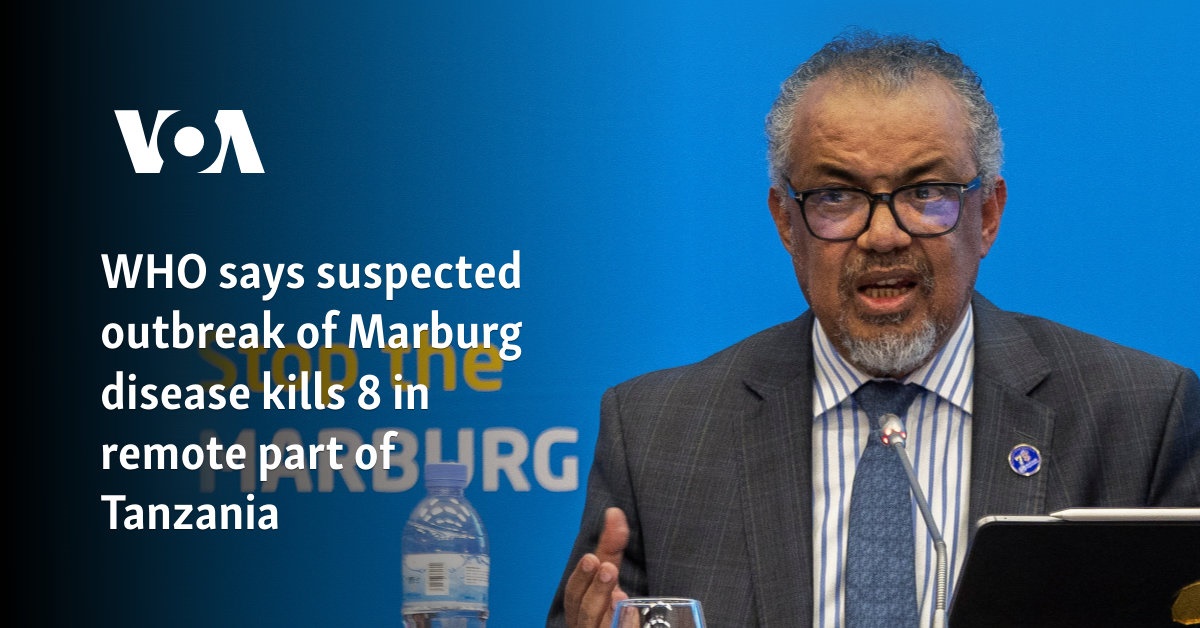The Bondi Junction attack has elicited a significant response from mothers around Australia, given a nine-month-old baby was wounded, and her mother killed. It also occurred against a backdrop of staggering rates of violence against women and children in Australia, Heward-Belle notes.
Several mothers have posted tributes on social media, offering words of support to those struggling to comprehend the weekend’s events.
This kind of collective, public response is common, Heward-Belle says. “Mothers in our society are frequently people who come together and actively push for change and hold strong commitments to personal, family and community safety and wellbeing … In the aftermath of tragedies, [social media] is frequently a site that people turn to that offers a place for collective grieving.”
Ways to work through it
It’s important to take time and space to work through your emotions, says Dr Ahona Guha, a forensic and clinical psychologist who has written about complex trauma. “Pushing them away or talking ourselves out of them is unhelpful,” Guha says. “Connect with others, take time off normal duties and allow emotional processing. For example, crying, yoga and journaling are really important.”
For those experiencing anxiety over their ongoing safety, Guha suggests deep breathing, using self-talk (for example, “it’s going to be OK”) and a gradual return to public spaces. “It’s important to remember that millions of people attend shopping centres and go about their business daily and safely. The risk of something like this occurring is very low.”
You should also ease the expectations placed on yourself at a time like this, she says. If you can’t focus properly at work, allow yourself ample breaks. But if you begin to experience loss of appetite, trouble sleeping or find yourself obsessing on the incident, Heward-Belle recommends contacting your GP or a psychologist.
Australians are trying to process the shock and trauma triggered by the Bondi Junction attack. Credit: Lisa Maree Williams/Getty Images
Clinical director of Associated Counsellors and Psychologists Sydney Dan Auerbach says it’s also vital to avoid isolation and the over-consumption of alcohol and drugs.
Balancing your news consumption
At times like these, Auerbach suggests consuming media in measured doses, or it “can lead to a bit of a cycle in which we need more reassurance, so we’re seeking out more facts which may be distressing”.
Loading
If you wish to speak to others about the incident, Auerbach recommends finding people who are supportive, considered and who will not escalate your worries. Determine a personal boundary around how often you want to speak about it and stick to it.
“If [the conversation] becomes too much, remove yourself from the situation, try to distract yourself and get into a different mindset. It might be exercising, watching a movie, meditating, or going for a walk.”
There is also no requirement to speak about the attack, Guha adds. “Processing in silence is absolutely OK. It’s better not to say anything than say something inflammatory and ill-informed.”
Navigating conversations with children
Experts agree it’s imperative for parents to check in with their kids and offer a safe space for them to process their feelings, says Davis-McCabe. “It’s important that parents encourage, not force, their child into age-appropriate discussion about their feelings. Children need to feel empowered in this process.”

Parents should offer a safe, open space for their children to speak about how the tragedy made them feel.Credit: Dion Georgopoulos
“Younger children may also process their trauma through play, so continue to offer your child opportunities to do so with them in a healthy way, and reassure them that what they are feeling is normal and will pass.”
Auerbach also notes the possibility of transient regression among some children during such periods, such as an eight or nine-year-old wetting the bed. They may benefit from additional comforts, such as sleeping with the lights on, but parents should then very gradually reintroduce normal routines.
Support is available from Beyond Blue on 1300 22 4636, Kids Helpline on 1800 55 1800 and Lifeline on 13 11 14.
Make the most of your health, relationships, fitness and nutrition with our Live Well newsletter. Get it in your inbox every Monday.







